Bonn, 29-30 August
The ASEAN Climate Change and Energy Project Phase II (ACCEPT II) successfully conducted a series of capacity building activities and stakeholder engagements through its study tour programme – ASEAN’s Journey to A Net Zero Future, which took place from 25 to 31 August 2024 in Norway and Germany. Building on the first study visit to Norway in November 2023—where Norway’s innovative energy policies, advanced technologies, and global partnerships took center stage—this year’s tour expanded to include Oslo, Norway and Bonn, Germany. Known as the world’s first major renewable energy economy, the ASEAN Delegates spent a two-days short trip to Germany and gained insightful discussions there. The visit highlighted engagement with the country’s energy-climate-related international institutions and explored potential research and development to be implemented in the region through field visits.
After spending two days in Norway, ASEAN delegates continue the journey continued to Bonn, Germany. With its rapid development of renewable energy, the visit to Germany provided several opportunities for ASEAN delegates to engage and learn about policy strategies, research developments, and institutional matters related to the energy and climate sector, particularly in Bonn.
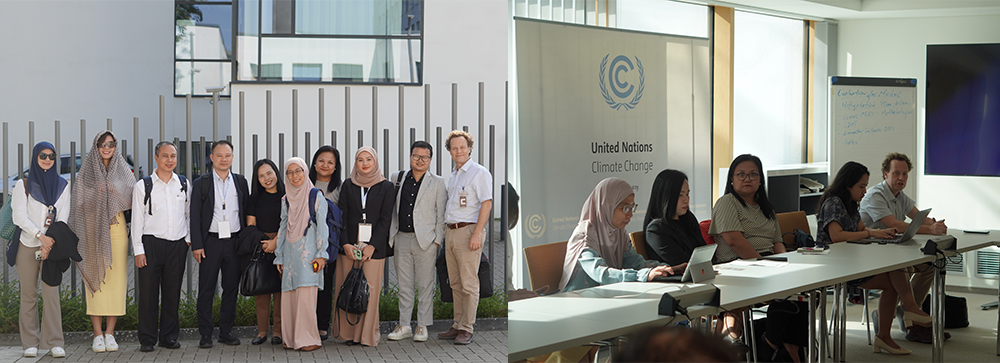
Photo 1. ASEAN delegates and ACCEPT II Team at the United Nations Framework Convention on Climate Change (UNFCCC) Headquarters
On the first day in Germany, ASEAN Delegates visited the United Nations Framework Convention on Climate Change (UNFCCC) in Bonn. Tafadzwa Dhlakama, Associate Program Officer of UNFCCC, welcomed the delegates and led the introductory session. The discussion consisted of four presentations highlighting climate change adaptation and mitigation plan in the global scale. The first presentation was delivered by Carlos Ruiz Garvia, Team Lead of Adaptation Committee Unit at UN Climate Change Secretariat. The session emphasised on gap identification and adaptation within the global climate change effort. As a way forward, he underlined the importance of energy-adaptation nexus for ASEAN ’sustainable development and encourage regional collaboration to create a resilient and adaptive energy system. In addition, he added that feedback and collaboration is crucial for further APAEC framework development. The second presentation was delivered by Bernd Hackmann, Team Lead, NDCs, LTLEDS, Sectoral Support Unit, Mitigation Division, UNFCCC. The session started with a brief overview of Global Stocktake and Paris Agreement before leading to the discussion of NDC 3.0. Details of actions required to support the next phase of NDC was also addressed briefly. The third session, led by Maia Tskhvaradze, Program Officer at UNFCCC focused more on the technology development and transfer to support mitigation and adaptation. It discussed several articles written in the Paris Agreement that intertwined with the importance of technology deployment to accelerate the country’s progress in reducing carbon emissions. It is noted that, a continuous and supportive research and development serve as the starting point to create an impactful technology. On the policy-making side, Ian Ponce, Programme Officer, Global Climate Action at UNFCCC shared the mechanism of non-party stakeholder engagement for NDC implementation including the steps to enable non-party stakeholders to act towards global commitments in climate change adaptation and mitigation plan.
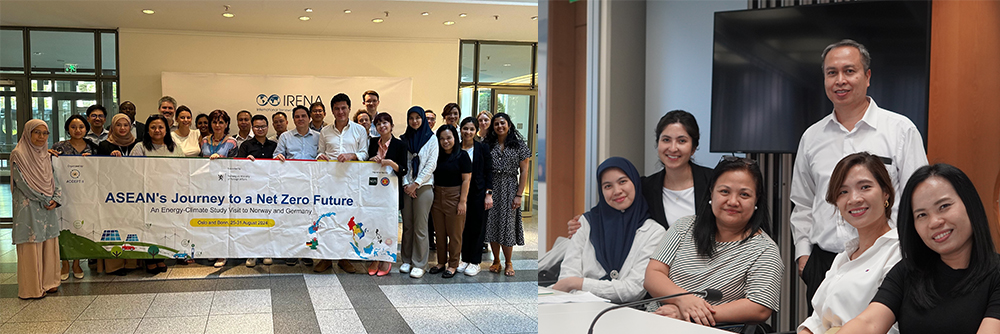
Photo 2. ASEAN delegates at the IRENA Innovation Technology Center (IITC)
After visiting UNFCCC, the delegates went to the International Renewable Energy Agency (IRENA) Innovation Technology Centre in Bonn. The second visit was welcomed by Norela Constantinescu, Deputy Director of IRENA Innovation Technology Center (IITC). She delivered a welcome speech and brief introduction about IRENA. The opening session was then followed by several presentations that consisted of five different topics including Innovation, Renewable Energy MAP, EPPS, Costing, and Technology Infrastructure. As the highlight of the session, in the context of energy transition and renewable energy infrastructure development, it is essential to consider multiple factors and versions of implementation. Targets for renewable energy expansion should be considered carefully and accompanied by key enablers such as grid infrastructure, electrification, and digitalization. Developing models is crucial for predicting impacts and understanding the risks of electrification across sectors. A deep understanding of historical and sectoral backgrounds is important, along with flexible assumptions that can adapt to changing scenarios. Building business models aligned with these dimensions, particularly within ministries, ensures that energy transition efforts meet both national standards and the needs of other sectors.
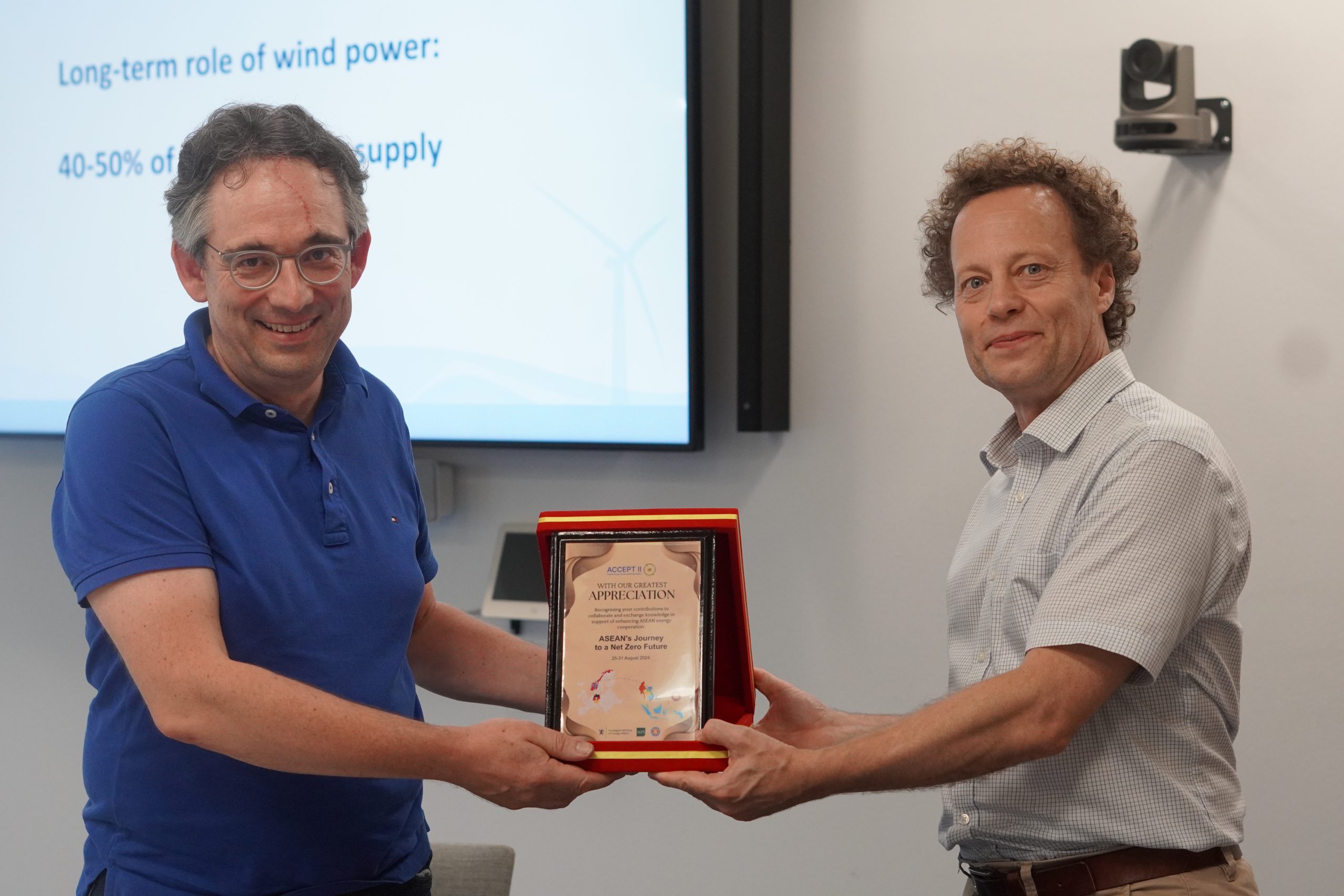
Photo 4. Stefan Gsanger, Secertary General from WWEA (Left) receiving a plaque of appreciation from Prof Indra Overland, Research Professor and Head of Energy and Climate Research at NUPI
The session continued to a more technology-related discussion from the World Wind Energy Association (WWEA), delivered by Stefan Gsanger, Secretary General of the WWEA. The session put the development of renewable energy is as important as requiring realistic targets and actions, such as building infrastructure like grid and digitalisation system. Stefan also mentioned that models are critical for predicting impacts, understanding electrification risks, and adjusting flexible assumptions. As a conclusion, to foster the development of wind energy and its related technologies, governmental and institutional supports are crucial as the first stepping stone for the region. It is also needed to be aligned with sufficient technical and non-technical resources with adequate funding allocation for selected technologies.
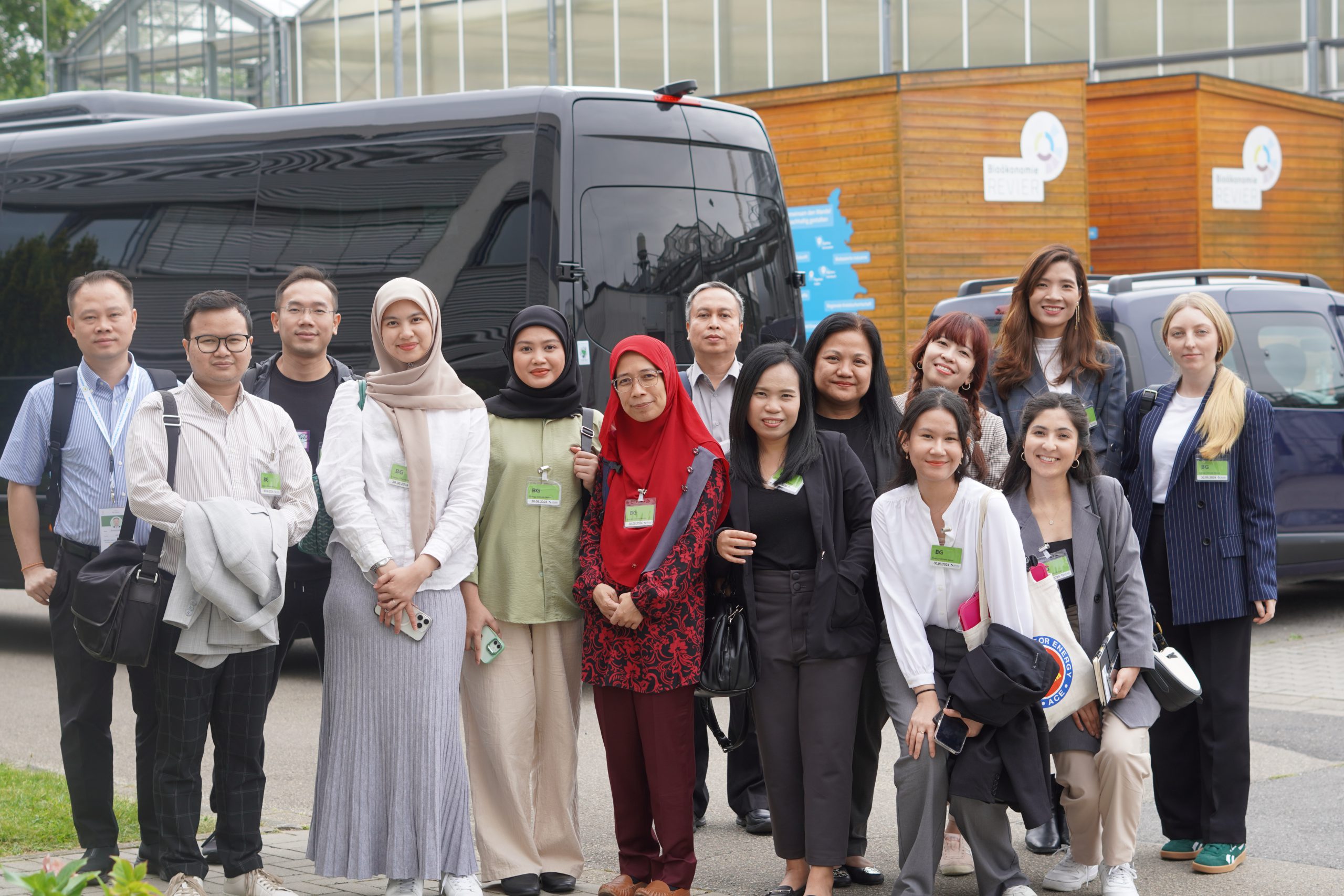
Photo 5. ASEAN Delegates and ACCEPT II Team taking a photo at Jülich Forschungszentrum
On the last day, Friday, 30 August 2024, the delegates had a one-day tour to Jülich Forschungszentrum, one of the largest interdisciplinary research centres in Europe in the fields of fields of energy, information and bioeconomy. The whole trip was accompanied by Dr Hyunji Park, Manager for International Relations of Jülich. It provided extensive journey from class-lectures to field-experience with short visit to an opencast mine. Participants of the study tour had the chance to visit the laboratory of Electrochemical Process Engineering Electrochemical Process Engineering and received the overview of hydrogen-related technology from Prof. Ralf Peters, Head of Institute of Energy Technology. The next lecture was given by Prof. Martin Riese, Head of Institute of Climate and Energy System with an exciting session about Stratosphere.
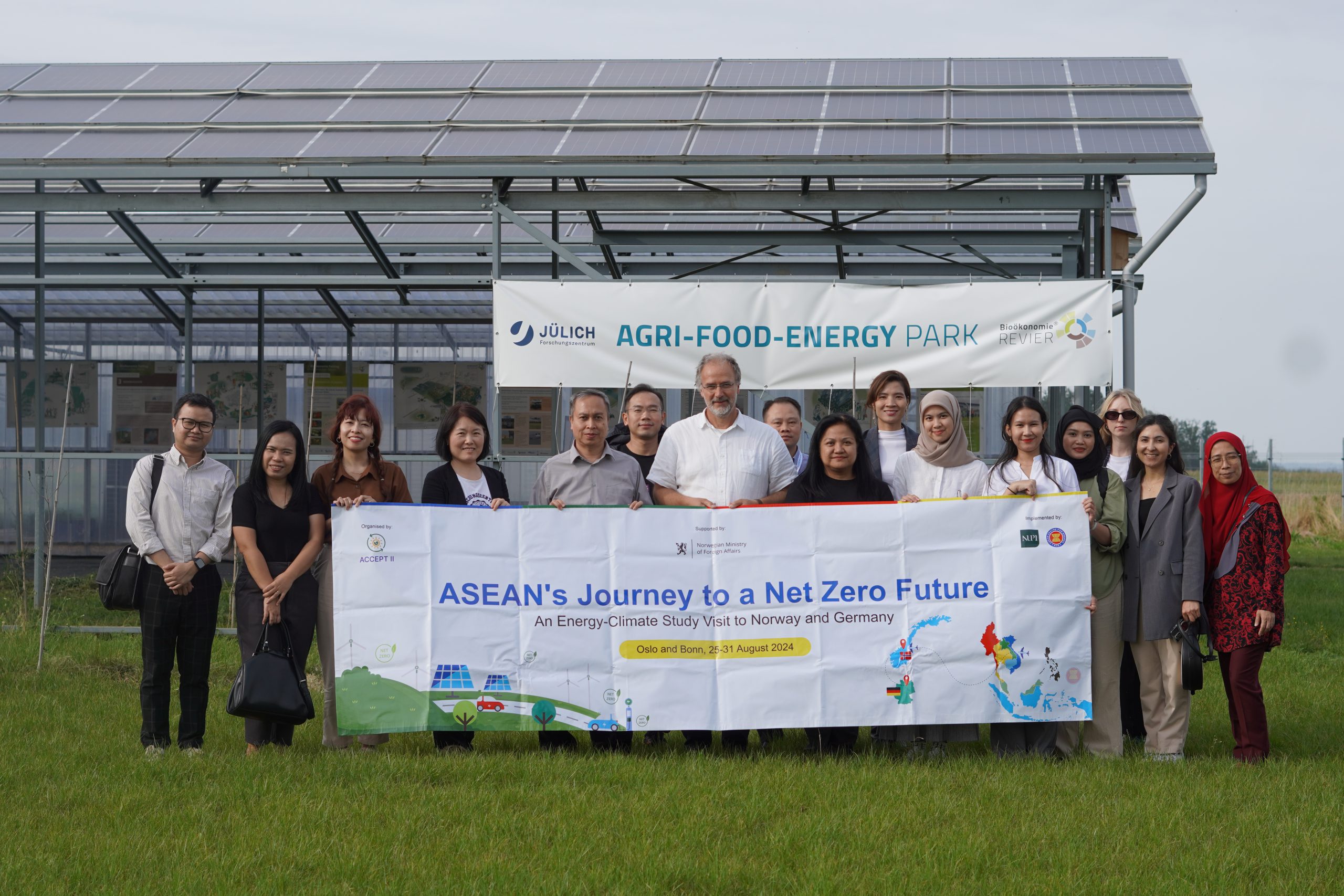
Photo 6. ASEAN Delegates at the Agri-Food-Energy Park
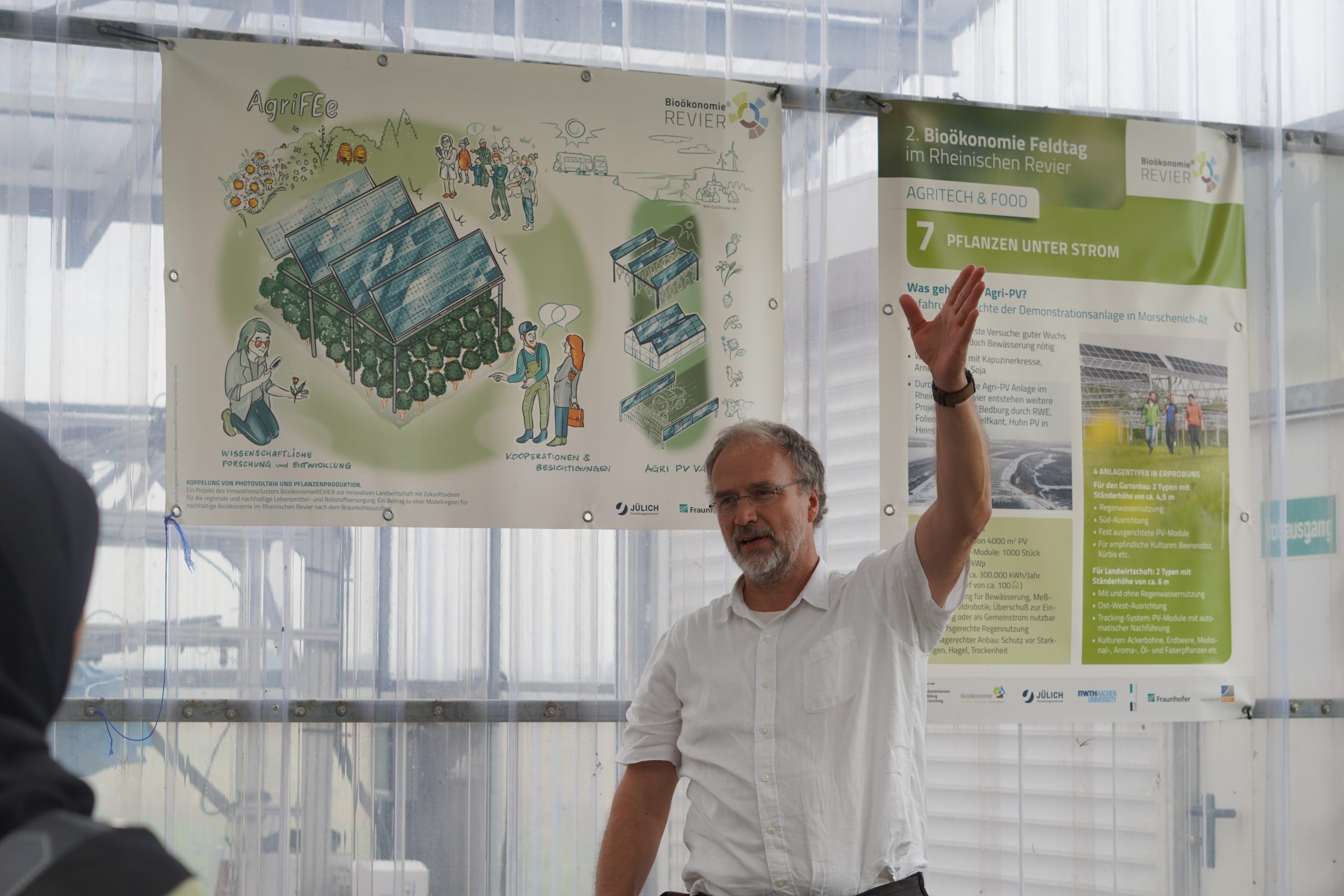
Photo 7. Prof Ulrich Schurr, Head of Institute of Bio and Geosciences, giving an introduction to Agri-PV
Last visit, which was delivered by Prof. Ulrich Schurr, the Head of Institute of Bio and Geosciences, focused more on Plant Sciences and also its relevancies toward mining naturalisation process. After the lectures, the delegates headed to a short field visit tour to Agri-Food-Energy Park, preceded by an excursion to various Agri-PV demonstration plants at Forschungszentrum Jülich. Here, the participants were able to see for themselves that the production of electricity and plants on agricultural land can complement each other.
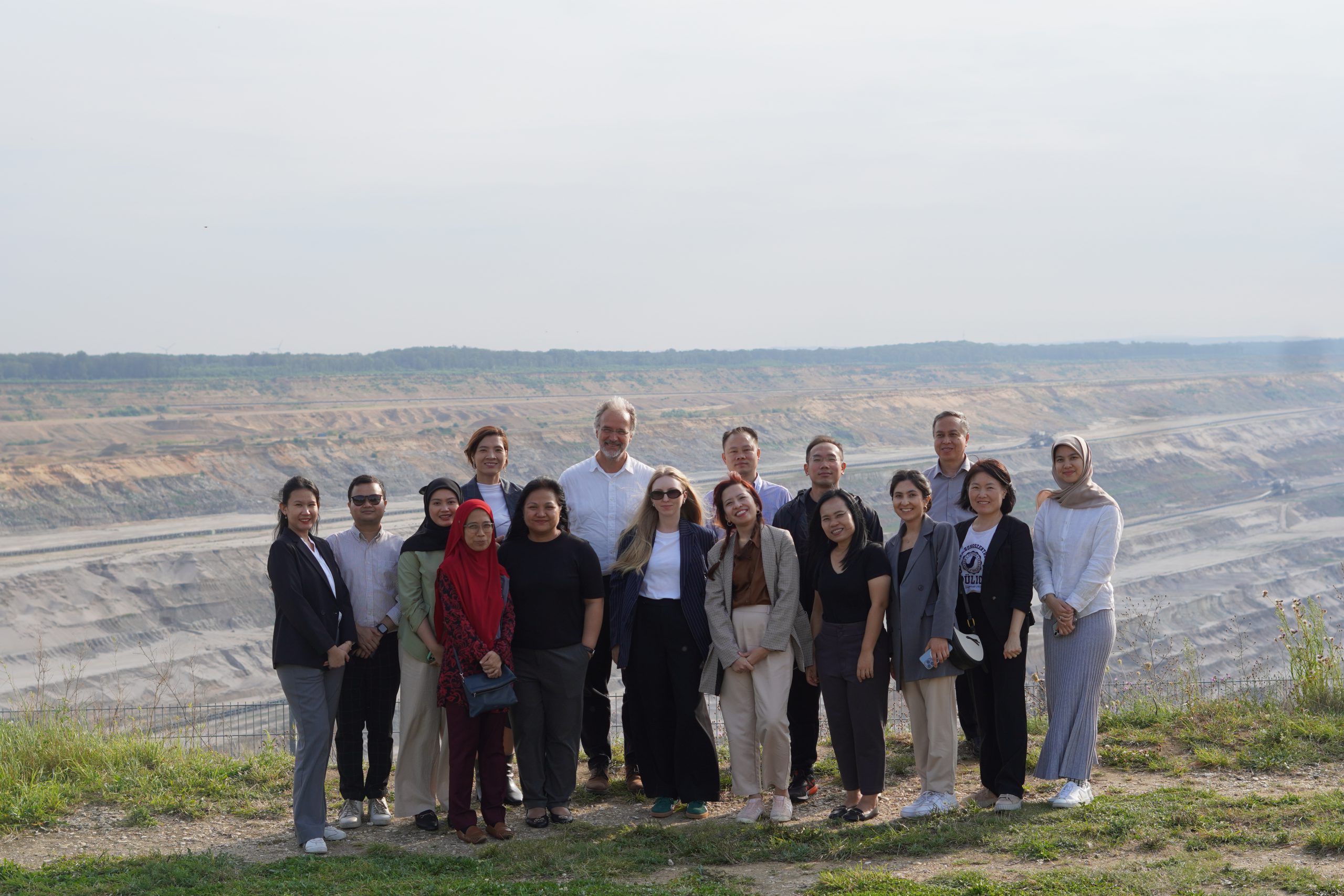
Photo 8. ASEAN Delegates at the Rhenish Mining Area
The journey was concluded to the final site visit to the Rhenish Mining Area. Jülich is situated in the heart the largest lignite mining area in Europe. The Rhenish mining area must therefore reinvent itself to be involved as part of climate adaptation and mitigation plan. The short visit provide the overview of current mining area with the future plan on its naturalisation process. Furthermore, Jülich is focusing on technologies that accelerate the structural change transition in the Rhenish mining area and the energy transition in Germany.
(IP)
Detailed information on ACCEPT II can be found at https://accept.aseanenergy.org/
Follow our social media to stay updated on ASEAN’s energy-climate nexus and ACCEPT activities.
Instagram: instagram.com/asean_accept
X: x.com/asean_accept
We welcome any future collaboration, please feel free to contact us at [email protected]